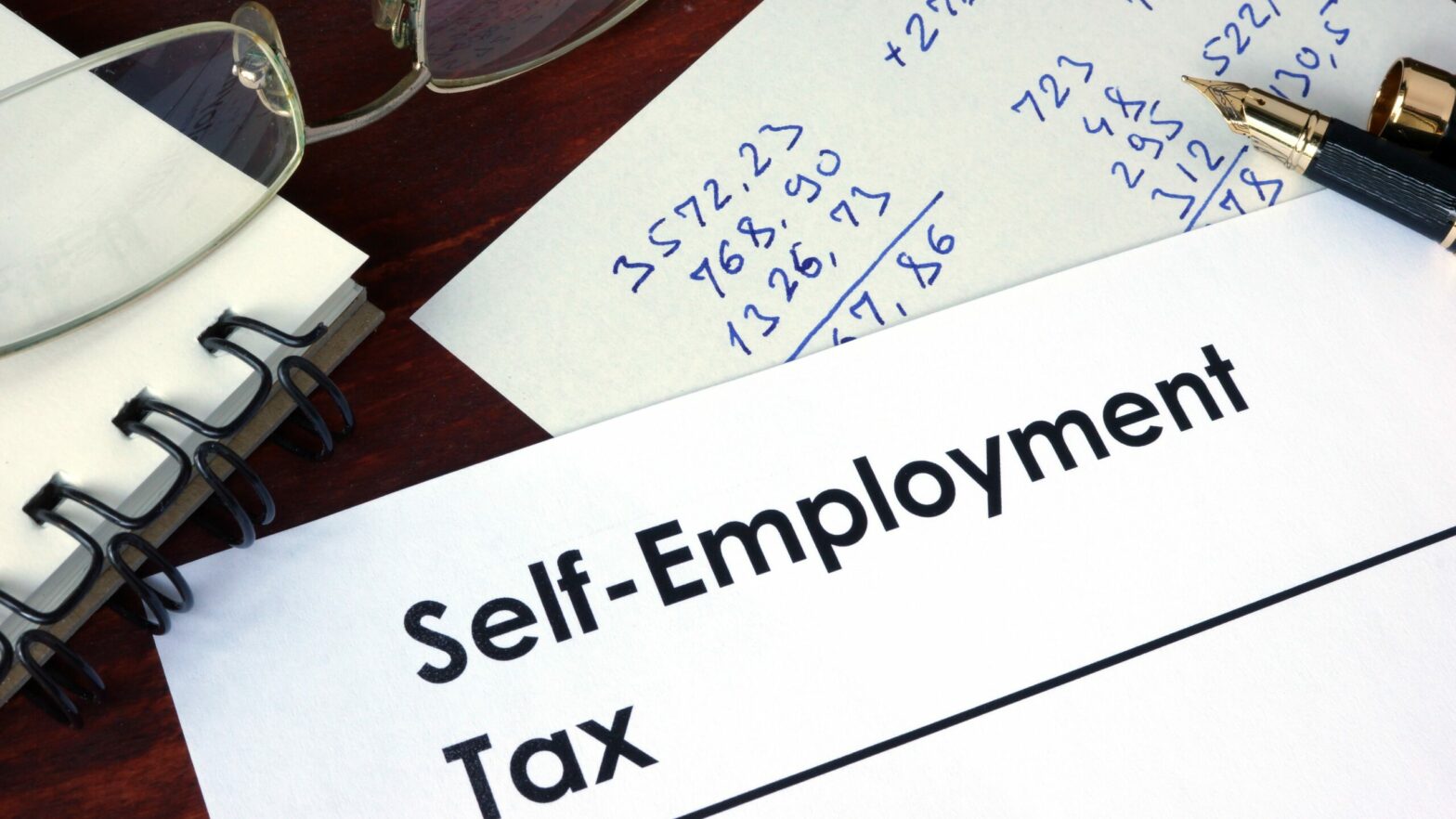Dare you go self-employed? Is it time to turn your side hustle into a full-time job? If you do, you will join approximately 4.3 million self-employed workers in the UK, which is down from a peak of five million in the first year of this decade.
The self-employed account for approximately 13% of the total UK workforce. The most popular sectors for the self-employed include construction (17 per cent), IT and web design (21 per cent), education/training (8 per cent) and consultancy (4 per cent).
Most encouragingly, young people – those aged between 18 and 34 – are most excited about going into business for themselves, with 48 per cent either becoming or intending to be entrepreneurs.
Checklist for going self-employed
Okay, so if this is the moment when you become self-employed, where do you start and what do you need to know?
- What’s your business idea?
- Market research
- What’s your unique selling proposition?
- Business name
- Business plan
- Decide on your business structure
- Register your company
- Open a business bank account
- Bookkeeper or accountant?
- Insurance and legal requirements
- Brand and Marketing
- Tools and Operations
- Launch
#1 – What’s your business idea?
Of course, you don’t have to reinvent the wheel as a self-employed person. On the other hand, starting a self-employed business which chimes with growth markets and niches could be helpful. You can find five some interesting ideas for starting your own business here.
#2 – How to market research your business idea
Forget the mantra “if you build it, they will come”; another truism is that time spent in preparation is seldom wasted. Market research is important for any new business, even if you are a self-employed gardener or a window cleaner. What’s your catchment area? What do people charge for this service? Who is the competition? Who is your target audience?
#3 – What’s your unique selling proposition?
Even the smallest self-employed business should have a unique selling proposition (USP), something which differentiates itself from competitors. What is it that you’re offering that’s different?
Three questions to ask yourself are:
- Does your consumer want your product/service?
- Does your competitor do it better?
- Are your competitors doing it just as well as you are?
#4 – Decide on a business name
Now we’re getting to the fun part. Deciding on a memorable company name again sets you apart from competitors while summing up what it is you’re offering. However, it’s worth checking with Companies House that nobody else has nabbed the name first or that it’s already been trademarked. What you don’t want is a cease-and-desist letter from a solicitor.
#5 – How to draw up a business plan
Even the smallest self-employed business should draw up a business plan. Conducting a SWOT (strengths, weaknesses, opportunities, threats) test can be helpful. What equipment or services do you need to buy for your self-employed business? What are your revenue projections? If you’re applying for a business grant or a bank loan, you will need to provide a business plan.
See also: 150 UK small business grants to apply for right now
#6 – Decide on your business structure
Are you a sole trader or a limited company? Being in business on your own, if you don’t set up a limited company at Companies House to run your business through, then by definition, you’re a sole trader.
When you’re a sole trader, you are self-employed, and legally, you and your business are one and the same.
But if you’re running your business through a limited company, the company is a separate legal entity from you. You will most likely be a director of the company (you run it) and also a shareholder in the company (which means you own all or part of it).
Advantages of a limited company
- Pay lower tax
- Limited liability
- More professional image
- Easier to raise finance
- You can sell equity
- Tax-free pension contributions
- Succession planning
Disadvantages of a limited company
- Potential tax costs
- More paperwork
- Lack of privacy
You can find out more about sole trader vs. limited company here.
#7 – Register your company
You don’t need to register a company name if you are a sole trader. However, you should register with HMRC to let them know they should expect an annual self-assessment tax return from you.
Registering a limited company name is straightforward and you can find a step-by-step guide here.
#8 – Open a business bank account
Unless you’re a sole trader, you must have a separate business bank account. Even then, keeping your personal cash separate from your business makes sense. You can find a guide to opening a business bank account here. And you can find the updated SmallBusiness guide to which banks offer what business accounts here.
#8 – Find a bookkeeper or an accountant
Choose the right accountant and it’s not just finding someone who can complete your tax returns, it could also mean you have a sounding board and counsel when it comes to business strategy. Talking to an accountant is a good idea even before you open your self-employed business. An accountant could help with all the steps we have seen so far, from drawing up a business plan, to helping you decide on the best structure for your business – whether to be a sole trader or a limited company, for example – and give you advice on opening a business bank account.
However, being self-employed, it may that just employing a freelance bookkeeper will do for now. A bookkeeper can look after your accounts, handle your receipts and transaction documents cheaper than an accountant would.
Related: Best UK small business accounting software
#8 – Insurance and legal requirements
Depending on your chosen sector, It may be necessary to get any required licenses or permits.
Following on from that, you should take out essential insurance. The main types of insurance you will need to consider are:
- Public liability
- Professional indemnity
- Employers’ liability (if hiring)
- Income protection or health insurance (optional but wise)
One possible route to simplifying this process is to consider ‘commercial combined insurance‘, which allows you to buy multiple types of coverage in one go, tailored to your specific needs.
Finally in this part of your business set-up, you should create contracts and legal templates (for clients or suppliers).
#9 – Brand and Marketing
Your business plan should have covered the basic marketing strategy you will be following. The key elements you will need for ensuring you have visibility for potential clients are:
Logo (and brand identity)
You will want to create a logo that can easily identify and convey what you do and who you are. Logos act as the ‘face’ of your business or website. They’re a graphical display of what you stands for, and can be used as a way to promote your brand both online and offline.
Check out this video from Canva with some pro tips for creating a great business logo:
Domain and Website
You will need a website for your self-employed business, even if it’s just a virtual business card with your contact details. There are many off-the-shelf website builders you can use to do it yourself. For those of you selling products, most builder packages enable you to add e-commerce functionality fairly easily.
For the domain (your website address) see our guide ‘Getting and setting up a business domain name‘, which was created in partnership with Nominet.
Social Media presence
And then of course you can promote your self-employed business through social media. You can read a social media business strategy for small business owners here.
#9 – Tools and Operations
Amongst the key tools you will ned to choose are those for invoicing and payments, and communications (e.g. email, phone). You may also want to consider project management software and what you need for your workspace (home office or rented space).
And finally, give some thought to planning your workflow and daily routine, although this will adapt as you gain new work and clients.
Launch!
Taking the leap of faith into the self-employed life may well be one of the biggest challenges you will ever face. It’s unlikely to be smooth sailing, will definitely be hard-work at the start, but it may be the most satisfying venture you have ever done.
And to keep the momentum going, consider networking and how you could be spreading the word (online and offline) about your services and products.
Good luck!








